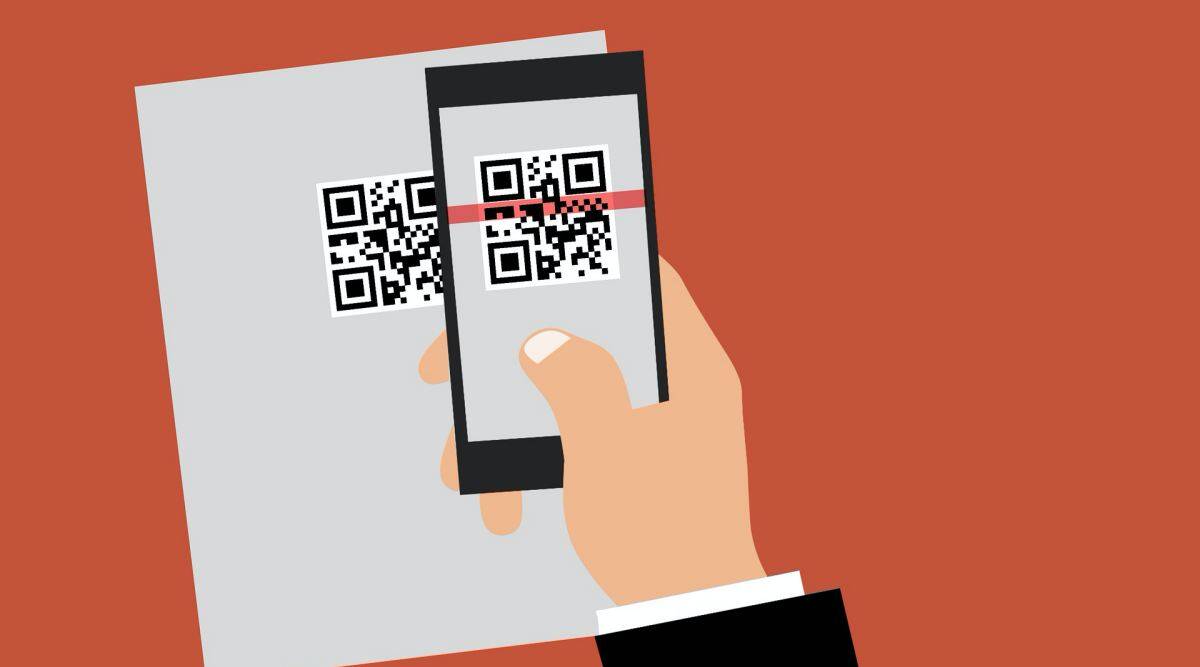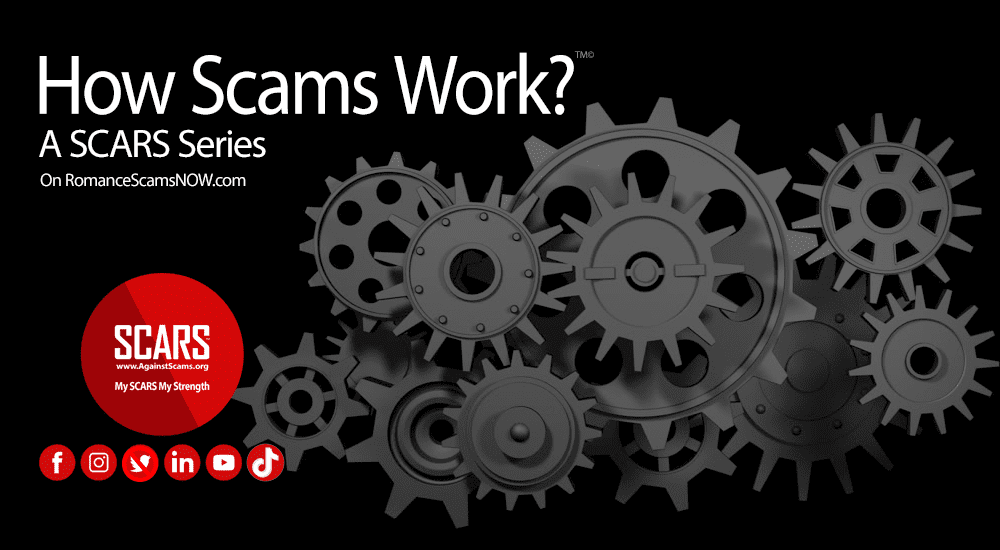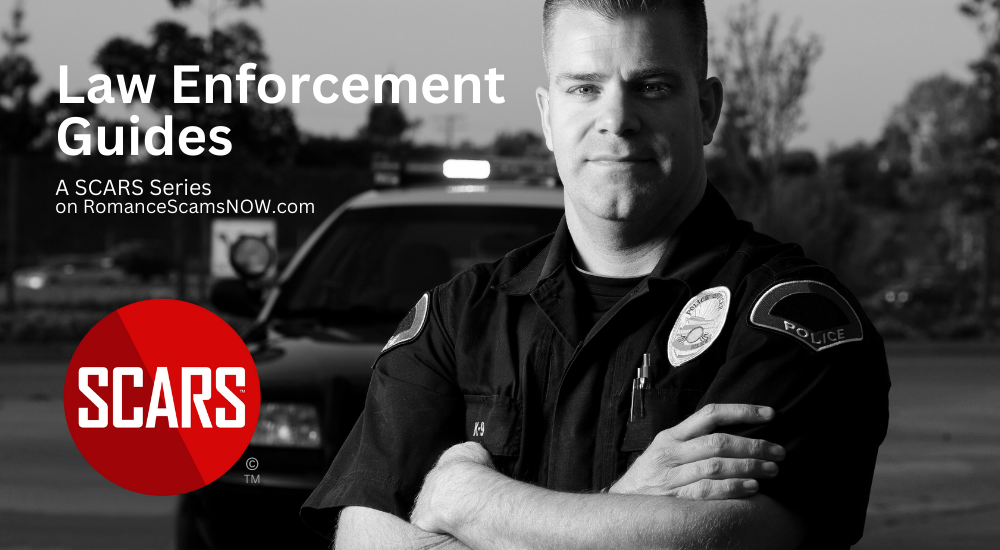
QR Code and ‘Quishing’ Scams: What They Are, How They Work, and How to Avoid Them
QR codes, or quick response codes, are two-dimensional barcodes that can be scanned by smartphones and other devices to access information or perform an action. QR codes are becoming increasingly popular, as they are a convenient and easy way to access information or take action without having to type in a URL or address.
However, scammers have also begun to use QR codes to steal personal information or money from victims. This is known as quishing, or QR code phishing.
Scammers continuously adapt their tactics to stay one step ahead of their targets. One of the latest and most deceptive schemes is the QR code or “Quishing” scam. These scams exploit our reliance on technology, particularly the use of QR (Quick Response) codes, to catch victims off guard. This article delves into what QR code scams are, how they work, how they ensnare unsuspecting individuals, and the various types of scams that employ this approach.
What are QR Code Scams
QR code scams, often referred to as “Quishing” scams, merge the world of digital technology and social engineering to manipulate and deceive victims. Quishing is a portmanteau of “QR code” and “phishing,” combining the use of QR codes with the psychological manipulation of phishing tactics. Phishing itself involves tricking individuals into divulging sensitive information, such as login credentials or personal details, under the pretense of a trusted source. QR code scams take this manipulation to the next level by incorporating QR codes as a delivery method.
How Quishing Scams Work
QR Code ‘Quishing’ Sscams typically work in one of two ways:
- Scammers send victims emails or text messages with QR codes embedded in them. The email or text message may appear to be from a legitimate source, such as a bank or credit card company. The message may claim that the victim needs to update their account information or take some other action. The QR code, when scanned, will take the victim to a fake website that looks like the legitimate website. The victim may then be prompted to enter their personal information, such as their login credentials or credit card number.
- Scammers place QR codes in public places. The QR codes may be placed on stickers, posters, or even on physical products. The QR codes may claim to offer something of value, such as a free gift, discount, or coupon. When the victim scans the QR code, they are taken to a fake website or download a malware-infected app.
How Do QR Code Scams Work?
- Lure with QR Codes: Scammers create QR codes that appear to lead to legitimate websites, applications, or offers. These QR codes can be printed on flyers, posters, stickers, or embedded in email messages and text messages.
- Social Engineering: The QR codes often promise enticing rewards or offers to attract victims, such as free gifts, discounts, or exclusive access. This plays on our innate desire to gain something valuable.
- Scanning the QR Code: When individuals scan the QR code using their smartphones or other devices, they are directed to a malicious website or app rather than the expected legitimate source.
- Data Harvesting: The fake website or app may ask victims to enter personal information, including usernames, passwords, credit card details, or even social security numbers, under the guise of claiming their reward. This information is then harvested by the scammers.
- Malware Delivery: In some cases, scanning the QR code might result in malware or ransomware being installed on the victim’s device, further compromising their security.
How Scammers Catch Victims
Scammers catch victims by exploiting their trust in QR codes and their desire to get something for nothing. QR codes are becoming increasingly common and accepted, so victims may not be suspicious of a QR code embedded in an email or text message. Additionally, scammers often use social engineering techniques to make their scams more believable. For example, they may impersonate a legitimate company or offer a deal that seems too good to be true.
The success of QR code scams lies in manipulating human psychology. Several factors contribute to victims falling prey to these scams:
- Urgency and Excitement: Scammers create a sense of urgency or excitement with the promise of a fantastic reward, enticing victims to act impulsively.
- Familiarity: Many people are not well-versed in QR code security and tend to trust QR codes found in public spaces, assuming they are legitimate.
- Impersonation: Scammers skillfully impersonate well-known brands or trusted organizations, adding credibility to their deceptive schemes.
- Lack of Vigilance: In our fast-paced lives, people often scan QR codes without scrutinizing their source or the information they lead to, allowing scammers to exploit this complacency.
Types of Scams that Use QR Codes
QR Codes Quishing scams can be used to commit a variety of crimes, including:
- Identity theft: Scammers can use the personal information they steal from victims to commit identity theft, such as opening new credit card accounts or taking out loans in the victim’s name.
- Credit card fraud: Scammers can use QR Codes to take the victim to a checkout screen, such as for a restaurant, the credit card numbers they steal from victims to make fraudulent purchases. This is one of the most common.
- Malware infection: Scammers can use QR codes to download malware onto victims’ devices. This malware can steal personal information, spy on victims’ activities, or even take control of their devices.
- Cryptocurrency theft: Scammers can use QR codes to trick victims into sending them cryptocurrency.
- Lost Dog or Cat: Scammers can post local notices r even on social media claiming to look for a lost dog or cat and lure the victims to a scam or malware website.
- Fake Prize Giveaways: Scammers lure victims with QR codes promising prizes, gift cards, or free merchandise. Once on the deceptive website, victims are prompted to provide personal information.
- Tech Support Scams: Some QR code scams lead to fake tech support websites that claim a victim’s device is infected with viruses. The victim is then coerced into paying for unnecessary services or providing access to their device.
- Coupon Scams: QR codes offering unrealistically generous discounts lead victims to counterfeit e-commerce websites. After entering payment information, the victim receives nothing, and their financial data is stolen.
- Investment Scams: Fraudsters might promise lucrative investment opportunities, prompting victims to scan QR codes that lead to fake trading platforms. The victims invest their money, which then disappears.
- Charity Scams: Scammers use QR codes to direct individuals to fraudulent charity websites, appealing for donations. Victims contribute money, believing they are helping a cause, while the funds fall into the scammer’s hands.
How to Avoid QR Codes Quishing Scams
There are a number of things you can do to avoid QR Codes quishing scams:
- Be careful about scanning QR codes. Only scan QR codes from trusted sources. If you are unsure whether a QR code is safe, do not scan it.
- Inspect the URL of the website you are taken to. If you scan a QR code and are taken to a website that looks suspicious, do not enter any personal information. Instead, type the URL of the legitimate website into your browser.
- Beware of offers that seem too good to be true. If you see a QR code that claims to be offering something of great value, be suspicious. Scammers often use this tactic to lure victims in.
- Use a security app. A security app can help to protect your device from malware and other threats.
Tips for Avoiding QR Code Quishing Scams:
- Be wary of QR codes that are placed in public places, especially if they are not associated with a business or organization.
- Be careful about scanning QR codes from people you don’t know.
- If you are unsure whether a QR code is safe, you can always ask someone you trust for help.
By following these tips, you can help to protect yourself from quishing scams.
More Suggestions for how to Protect Yourself from QR Code Scams
- Verify the Source: Before scanning any QR code, ensure you are familiar with the source. Be cautious of QR codes in public spaces or from unknown senders.
- Use QR Code Scanner Apps: Employ reputable QR code scanner apps that can detect malicious codes and warn you before you visit a harmful website.
- Be Skeptical: If an offer or prize seems too good to be true, it probably is. Exercise caution, and verify the legitimacy of the offer independently.
- Don’t Share Personal Information: Be hesitant about providing personal or financial information through QR code links. Legitimate organizations rarely request this via QR codes.
- Stay Informed: Keep up to date with the latest scams and fraud alerts. Awareness is your best defense against new and evolving threats.
Remember
QR code scams or Quishing scams represent a new frontier of deception that capitalizes on our trust in technology and our desire for rewards. By combining QR codes with phishing tactics, scammers can craft enticing offers that lead to malicious websites, risking victims’ personal information and financial security. Staying vigilant, verifying sources, and using secure QR code scanner apps are essential steps in protecting yourself from these cunning scams.
If you think you may have been a victim of a quishing scam, report it to the authorities and your bank or credit card company immediately. You should also change your passwords and monitor your accounts for any suspicious activity.
More:
- Phishing, Vishing, or Smishing – Phishing Scam Types – What Is The Difference? (romancescamsnow.com)
- BazarCall Scams: Call Centers Playing A Roll In Phishing & Ransomware Attacks (romancescamsnow.com)
- Phishing Alert: PayPal Invoice Scam (romancescamsnow.com)
- How To Recognize, Avoid, and Report Phishing Scams (romancescamsnow.com)
- Spam and Phishing – Identity Theft, Fraud And Cybercrime Alert (romancescamsnow.com)
- Phishy Emails – Phishing Scams Guest Article by Dana Mantilla (romancescamsnow.com)
- There Is A New Kind Of Phishing Called Whaling Scam Attacks (romancescamsnow.com)
- Romance Scam/Fraud Can Be Local Not Just Online (scamsnow.com)
- 16shop Phishing-As-A-Service Platform Taken Down (scamsnow.com)
- Talking To Kids/Youth About Online Risk [VIDEO] (scamsnow.com)
SCARS Resources:
- Getting Started Right: ScamVictimsSupport.org
- For New Victims of Relationship Scams newvictim.AgainstScams.org
- Subscribe to SCARS Newsletter newsletter.againstscams.org
- Sign up for SCARS professional support & recovery groups, visit support.AgainstScams.org
- Join our Scam Survivors United Chat & Discussion Group facebook.com/groups/scam.survivors.united
- Find competent trauma counselors or therapists, visit counseling.AgainstScams.org
- Become a SCARS Member and get free counseling benefits, visit membership.AgainstScams.org
- Report each and every crime, learn how to at reporting.AgainstScams.org
- Learn more about Scams & Scammers at RomanceScamsNOW.com and ScamsNOW.com
- Scammer photos ScammerPhotos.com
- SCARS Videos youtube.AgainstScams.org
- Self-Help Books for Scam Victims are at shop.AgainstScams.org
- Donate to SCARS and help us help others at donate.AgainstScams.org
- Worldwide Crisis Hotlines: https://blog.opencounseling.com/suicide-hotlines/
Other Cyber Resources
- Block Scam Domains: Quad9.net
- Global Cyber Alliance ACT Cybersecurity Tool Website: Actionable Cybersecurity Tools (ACT) (globalcyberalliance.org) https://act.globalcyberalliance.org/index.php/Actionable_Cybersecurity_Tools_(ACT)_-_Simplified_Cybersecurity_Protection
-/ 30 /-
What do you think about this?
Please share your thoughts in a comment below!
Do You Need Support?
Get It Now!
SCARS provides the leading Support & Recovery program for relationship scam victims – completely FREE!
Our managed peer support groups allow victims to talk to other survivors and recover in the most experienced environment possible, for as long as they need. Recovery takes as long as it takes – we put no limits on our support!
SCARS is the most trusted support & education provider in the world. Our team is certified in trauma-informed care, grief counseling, and so much more!
To apply to join our groups visit support.AgainstScams.org
We also offer separate support groups for family & friends too.
Become a
SCARS STAR™ Member
SCARS offers memberships in our STAR program, which includes many benefits for a very low annual membership fee!
SCARS STAR Membership benefits include:
- FREE Counseling or Therapy Benefit from our partner BetterHelp.com
- Exclusive members-only content & publications
- Discounts on SCARS Self-Help Books Save
- And more!
To learn more about the SCARS STAR Membership visit membership.AgainstScams.org
To become a SCARS STAR Member right now visit join.AgainstScams.org
To Learn More Also Look At Our Article Catalogs
Scam & Crime Types
More SCARS
- ScamsNOW Magazine – ScamsNOW.com
- ContraEstafas.org
- ScammerPhotos.com
- AnyScam.com – reporting
- AgainstScams.org – SCARS Corporate Website
- SCARS YouTube Video Channel








![An Example of How Scammers Use Emergency Scams - 2014 [UPDATED 2024] - on SCARS RomanceScamsNOW.com](https://romancescamsnow.com/wp-content/uploads/2014/06/emergency-scams.png)




Please Leave A Comment - Tell Us What You Think About This!